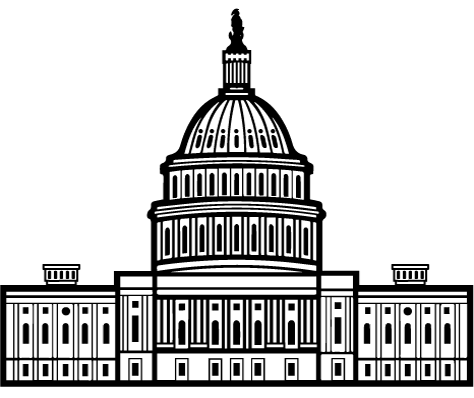Congress and federal agencies have continued forward with an examination of campus-based threats from foreign entities. The threats of interest are largely the foreign theft of intellectual property from federally funded research groups and the use of campus-based platforms to promote specific ideologies. The actions of some Chinese entities, using international academic partnerships as a guise, has been a primary concern of policymakers. However, similar activity generated in Iran, Russia and North Korea has also drawn attention in Washington.
Over the last year, congressional committees have asked federal agency officials to detail relevant processes that are in place or could be developed to safeguard research. Some agencies, such as the National Institutes of Health and Department of Energy, have already issues warnings and taken initial steps to bring individuals with allegiances of interest to light. The academic community has urged policymakers to be certain that any steps taken preserve academic freedom and maintain international exchanges and collaborations that are requisite for a thriving R&D enterprise. The discussion will continue forward as agencies look to get out ahead of congressional directives, while the House and Senate consider guidance to provide agencies in their Fiscal Year 2020 authorization and appropriations bills. More specific background information is provided below.
Senate Finance Committee
On April 11th, U.S. Senate Finance Committee Chairman Chuck Grassley of Iowa sent a letter to National Science Foundation Director France A. Córdova seeking information regarding the processes in place at NSF to detect and deter threats to NSF-supported research. The inquiry is similar in scope to that made with other federal agencies.
April 2019 Senate Finance Committee Letter to NSF
Department of Energy
In January, DOE issued a directive on protecting the integrity of research in the United States. Some of the main takeaways from this statement include:
- DOE personnel will be subject to limitations, including prohibitions on their ability currently or in the future to participate in foreign talent recruitment programs of countries determined sensitive by DOE while employed by DOE.
- The limitations will also apply to recipients of financial assistance (e.g., grants or cooperative agreements).
National Institutes of Health
Back in August 2018, NIH released a statement regarding protecting the integrity of research in the United States. Three main needs mentioned in the statement include:
- Improve accurate reporting of all sources of research support, financial interests, and affiliations.
- Mitigate the risk to intellectual property security while continuing NIH's long traditions of collaborations, including with foreign scientists and institutions.
- Explore additional steps to protect the integrity of peer review.
NIH Director Francis Collins Acknowledgment Letter

